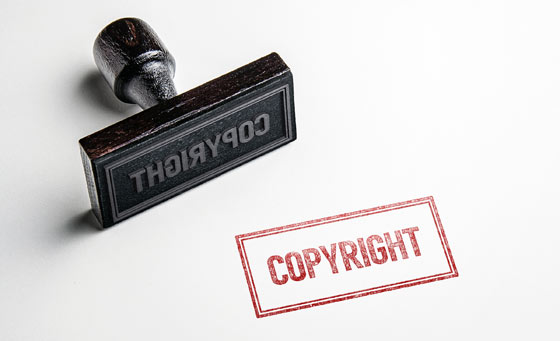
More power to copyright owners in a digital world
In June 2017, the Court of Justice of the European Union (CJEU) delivered a long awaited judgment which is being widely celebrated by copyright owners throughout Europe.
The Pirate Bay (TPB) is a well-known file-sharing platform that allows people to download illegal or, at the very least, unauthorised copyright-protected content. It is effectively a search engine which classifies and indexes copyright-protected materials, although it does not upload any content itself. TPB’s “BitTorrent Index” operates specifically by allowing indexation of metadata relating to such materials on peer-to-peer networks, enabling the public to make use of the data. The main internet service providers have blocked TPB in the UK following a ruling in 2012 in a case brought by the record industry (Dramatico Entertainment v BSkyB).
The case is Stichting Brein v Ziggo BV and XS4ALL Internet (C-610/15). It was referred to the CJEU by the highest court in the Netherlands. The CJEU declared that The Pirate Bay website makes a “communication to the public”, in the words of the InfoSoc/Copyright Directive 2001/29/EU (Directive), through its indexation of copyright-infringing material.
Even post-Brexit, it would seem unlikely that UK copyright law would diverge significantly from the standards set by the Court of Justice of the European Union.
Copyright-owners have the exclusive right to allow, prevent or restrict communication of their works to the public. Communication may therefore be copyright infringement even though the “mere provision” of facilities that could enable such communication is not itself infringing. The operation of TPB does not give direct access to any copyright works. The BitTorrent Index simply makes the material easier to access and download. The CJEU has declared this to be an act of communication to the public so copyright infringement therefore takes place.
TPB was not itself a party in the case. However, the CJEU ruled that the two defendant companies in the case, as internet service providers, could be ordered to block access to TPB or to similar platforms.
European decision-making procedures
Within the context of a reference for a preliminary ruling, the courts of the Member States of the EU may submit questions to the Court of Justice as to the interpretation of Union law or the legal validity of an act by the Union in a case pending with them. The Court of Justice does not pass judgment on a national legal dispute. It is for the national court to pass judgment on the legal matter in line with the decision of the Court of Justice. The decision of the Court of Justice of the European Union is likewise binding on other national courts dealing with a similar problem.
Our comments
- The case widens the scope of copyright protection of digital works because of the liberal view of “communication to the public” taken by the CJEU.
- Owners of copyright in music and other files on file-sharing platforms are now in a much stronger position to stop infringements.
- The decision reflects one aim of the Directive which is to provide a high level of protection for creators of original works. CJEU decisions recently have tended to side with the interests of copyright-owners.
- As a result, it is likely that many more blocking orders may be granted by the courts in EU countries.
- The decision is an EU-wide ruling which affects the interpretation of the Directive. After Brexit, the UK could develop its own copyright law independently of the EU. However, given that the UK courts paved the way for the decision in the Dramatico case, and because of the commercial need for continued harmonisation of IP laws, it would seem unlikely that in this respect UK copyright law would diverge significantly in the post-Brexit future.
Author:
Laurie Heizler, Of Counsel, Intellectual Property, Technology & Media, Ecovis UK Legal Barlow Robbins LLP
laurieheizler@barlowrobbins.com
Contact us:
Moore Barlow LLP – Member of ECOVIS International
165 Church Street EastGU21 6HJ Woking
Phone: +44 1483 748500
www.moorebarlow.com

